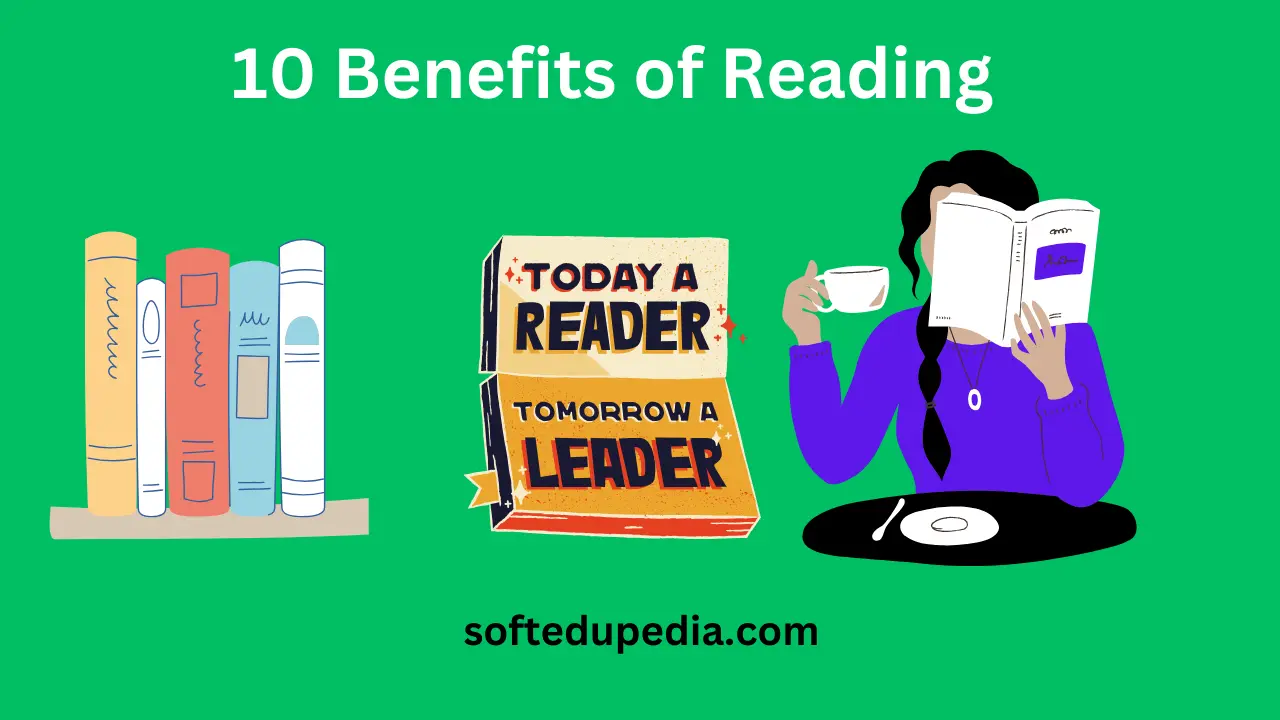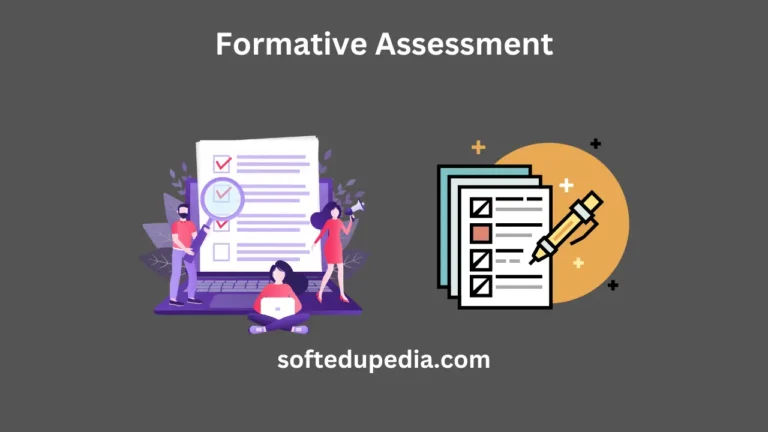10 Benefits of Reading
In our digital age, reading is vital. No one can deny the benefits of reading. It guides us in learning, growing, and socializing. Even if screens and social media are becoming more and more important, spending time to read a great book may change our lives. It provides an opportunity to explore several realms, flee reality, and uncover fresh ideas. Though many struggle to find time to interact with books, surveys reveal that around 74% of individuals believe reading to be a vital activity for personal growth.
Studies reveal that reading increases brain activity in addition to our vocabulary and understanding. Reading beautifully written works pushes our brains and promotes more in-depth thinking. Poetry, non-fiction, and fiction all help us in different ways to enhance our lives.
Reading also is a great approach to relax and decompress. It may carry us to locations we could just dream of seeing and help us to escape our every day worries. Regular reading helps us to open the door to many advantages that support personal development and
Table of Contents
Improves Brain Function
Reading is a powerful exercise for the brain. It enhances cognitive engagement. This also stimulates mental activity. It allows our minds to grow stronger. That is much like our muscles do with physical exercise. Research shows that individuals who read regularly can improve their mental flexibility. They allow them to make connections between disparate ideas and concepts.
For example, participants in cognitively stimulating hobbies like reading showed reduced rates of cognitive deterioration as they aged, according to a study written in the journal Neurology. Furthermore, reading can boost brain connectivity—more especially, in regions linked to language processing, comprehension, and story structure—according to a 2016 National Institutes of Health study.
By constantly challenging yourself with new concepts and stories, you keep your brain active and engaged. It is crucial for maintaining cognitive health as we age. These findings underscore reading’s essential role in keeping the mind sharp and fostering lifelong learning.
Must read: Effective Student Feedback
Enhances Vocabulary and Language Skills
Keeping yourself engaged with books. It is one of the best ways to improve your vocabulary and language skills. As readers explore various genres and styles, they encounter new words and phrases. That habit enriches their language abilities. For instance, reading classic literature often introduces complex vocabulary that can elevate everyday communication. Studies suggest that individuals who read regularly display a more extensive vocabulary. They also display better communication skills. They allow them to express their thoughts and ideas clearly and confidently.
Studies conducted by the National Endowment for the Arts reveal that regular readers have a noticeably better vocabulary than non-regular readers. Moreover, studies reported in the journal “Reading Research Quarterly” revealed that regular readers acquire a larger vocabulary. They also have a better understanding of language structure. This extended exposure to diverse languages helps in translating complex ideas into articulate speech and writing, fostering clarity and confidence in everyday communication.
Reduces Stress
Reading can help reduce stress significantly. When a person engages himself in a book, it provides a mental escape from daily pressures. Research has expressed that just six minutes of reading can lower stress levels by up to 68%. This thing is more effective than listening to music or taking a walk. The act of focusing on a storyline allows the mind to relax. That thing contributes to overall well-being.
Research also shows that reading can improve mental health. Reading self-help books or novels with likable characters can provide solace and insight. Reading self-help books enhances coping mechanisms for sadness and anxiety, according to research in the Journal of Clinical Psychology. This shows how effectively books could be a tool for emotional support.
Furthermore, reading promotes relaxation, especially when incorporated into a bedtime routine. Research suggests that reading physical books before sleep leads to better rest compared to screen time. A study conducted by the Sleep Foundation emphasized that a consistent reading habit can improve sleep quality. It helps individuals feel more rested and alert during the day. Thus, making reading a part of daily life can yield multiple benefits for mental and emotional health.
Increases Knowledge

10 Benefits of Reading
Books provide doorways to an information and knowledge universe. One learns more the more you read. Furthermore, this information will enable you to be creative and successful in many spheres of life—personal and professional. Reading reveals fresh information and concepts. It therefore expands our understanding and knowledge. Whether fiction or non-fiction, every book provides ideas that could widen our perspective of the world. Reading could boost information retention by up to 70%, according a University of Sussex research. This is especially true when readers interact with books that expose several points of view and question their ideas.
Reading also lets us discover several civilizations, eras, and events. Discovering many genres helps us to appreciate life and human feeling more fully. Regular readers often have more empathy, according to the National Endowment for the Arts as books let one see life through the eyes of others. This will improve our analytical abilities and help us to grasp difficult societal issues.
Furthermore, studies have revealed that regular readers are more suited to remember knowledge and use what they acquire. Regular readers of the National Institute of Health found that they improved in critical thinking and problem-solving. Thus, developing a regular reading habit improves our general intellectual ability as well as our knowledge.
Improves Focus and Concentration
Reading improves focus and concentration. When we read, we need to pay attention to the words and the story. This practice helps train our brains to focus on one task for longer. Research from the University of Scranton showed that reading can boost our attention span by making us more engaged with the content.
Moreover, regular reading can enhance our overall productivity. A study published in the journal Cognition found that readers are better able to filter out distractions and maintain attention. This skill can be beneficial in both professional and personal settings. By making reading a part of our daily routine, we can improve our ability to concentrate in various aspects of our lives.
Stimulates Imagination and Creativity
Reading stimulates imagination and creativity. It allows readers to visualize characters and settings in their minds, fostering the ability to think creatively. A study published in the journal Creativity Research Journal highlights that engaging with stories can enhance creative problem-solving skills. When readers immerse themselves in different narratives, they learn to see the world from various perspectives.
Additionally, exposure to diverse genres boosts innovative thinking. Research from the University of Toronto found that individuals who read fiction tend to have stronger creative abilities. This is because fiction encourages the exploration of new ideas and scenarios. By developing a rich imagination through reading, individuals can enhance their overall creativity, benefiting both personal and professional pursuits.
Provides Emotional Benefits
Reading offers various emotional benefits. It allows readers to escape into different worlds and experience diverse emotions. This can create feelings of comfort and joy. Research shows that reading can help manage emotions and reduce feelings of loneliness. A study from the University of Liverpool found that reading fiction helps people empathize with others, fostering emotional connection.
Additionally, reading self-help books can provide valuable strategies for emotional well-being. These books often guide readers in coping with anxiety and stress. Research by the American Psychological Association indicates that engaging with such literature improves emotional health and resilience. By integrating reading into daily life, individuals can enhance their emotional well-being and find inspiration.
Aids in Better Sleep
Reading can effectively improve sleep quality. Sleep Foundation found that those who read physical books before bed fall asleep faster and enjoy deeper rest. This is because reading helps calm the mind, making it easier to relax after a long day. Unlike screen time, which can disrupt sleep patterns, reading provides a soothing transition to bedtime.
Additionally, frequent reading is linked to better emotional well-being. Research from the University of Liverpool shows that reading fiction can help people feel less lonely and more connected to others. Self-help books also offer practical advice for managing stress and anxiety. These insights can empower readers to improve their mental health and overall quality of life.
Promotes Mental Health
Reading helps improve mental health. It allows people to escape reality and dive into different stories. This can lead to feelings of comfort and happiness. According to a study by the National Institute of Health, those who read regularly show lower levels of stress and anxiety.
Fiction, in particular, enhances empathy. A study from the University of Liverpool found that reading stories can help people understand others better. This understanding can make it easier to connect with friends and family, reducing feelings of loneliness.
Self-help books offer useful coping strategies. They can guide readers on managing emotions and stress. Research suggests that these books can improve resilience and overall mental well-being, promoting a healthier mindset.
Encourages Lifelong Learning
Reading supports lifelong learning. It helps people gain new knowledge and skills. Regular readers are often better at problem-solving. A study from the National Institute of Health shows that those who read frequently can retain more information. This means they can apply what they learn more effectively in real-life situations.
Moreover, reading diverse materials can aid personal growth. The American Psychological Association suggests that engaging with different genres enhances understanding. By reading a variety of topics, we learn to think critically. This habit not only enriches our knowledge but also prepares us for ongoing challenges throughout life.
Conclusion
Reading presents an array of benefits that can improve mental and emotional well-being, cognitive skills, and creativity. By making reading a part of your daily routine, you can enjoy not only these advantages but also the delight of exploring different worlds and ideas. Start your reading journey today by diving into some recommended books that pique your interest and witness how this enriching activity transforms your life for the better.






